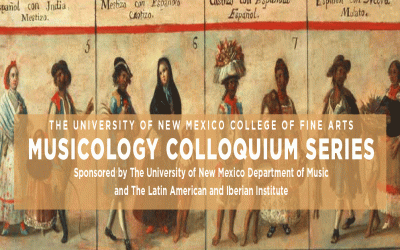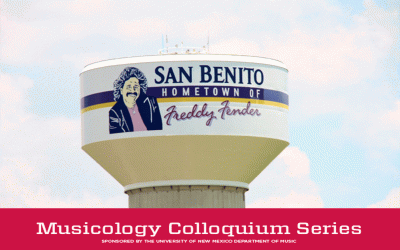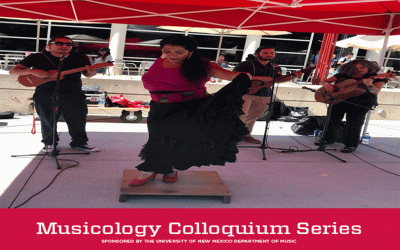Heterophony: Texture, Technique, and Social Commentary
March 7, 2019
2:00 – 3:30 p.m.
Keller Hall, Center for the Arts
Talk Description: This lecture is in two parts: the first draws from my research on the 1960s jazz avant-garde and musicians’ interests in heterophonic musical textures. I show how heterophony, technique and texture, satisfied a joint aesthetic and social/political goal for musicians and audiences. The parallels between textural and ethnic/racial difference in improvisatory experimentalism, are where aesthetics and social relations become intertwined.
For the second part, I perform original music that utilizes heterophony and “noise” in a solo electronic and improvised format. This performance segment is my own creative response to the historical precedents that I outline in the previous segment.
Biography: Kwami Coleman, Ph.D., is an assistant professor of musicology at the Gallatin School on individualized Study at New York University. His work is focused on improvised music, aesthetics, historiography, identity, and political economy. Kwami is also a pianist and composer, and released a recording called Local Music in 2017 of original music for trio plus field recordings captured in his home neighborhood, Harlem. His current book project is titled Change: The “New Thing” and Modern Jazz.
Music, Power, and Signification: A Phenomenological Reading of Race in New Spain
In New Spain, an institutional structure of merit and promotion hinged on the idea of reason as an intrinsically European attribute. This attribute differentiated ‘Europeans’ from people of mixed race claiming European status based on their skin complexion.
“Reclaiming ‘the Border’ in Texas-Mexican Conjunto Heritage and Cultural Memory”
The Texas border town of San Benito is the subject of this talk which examines how memory and legacy operate within a community of “self-appointed” cultural brokers and a local municipality inspired by capitalist notions of urban development, economic growth and cultural tourism.
Sones de allá para acá: Son Jarocho from Mexico to USA
Son Jarocho is a genre of traditional Mexican music performed in southern Veracruz that has gained prominence in Chicanx communities in the United States. In this talk we will analyze the origins, rhythms, musical forms, and dances both in Mexico and the United States.



